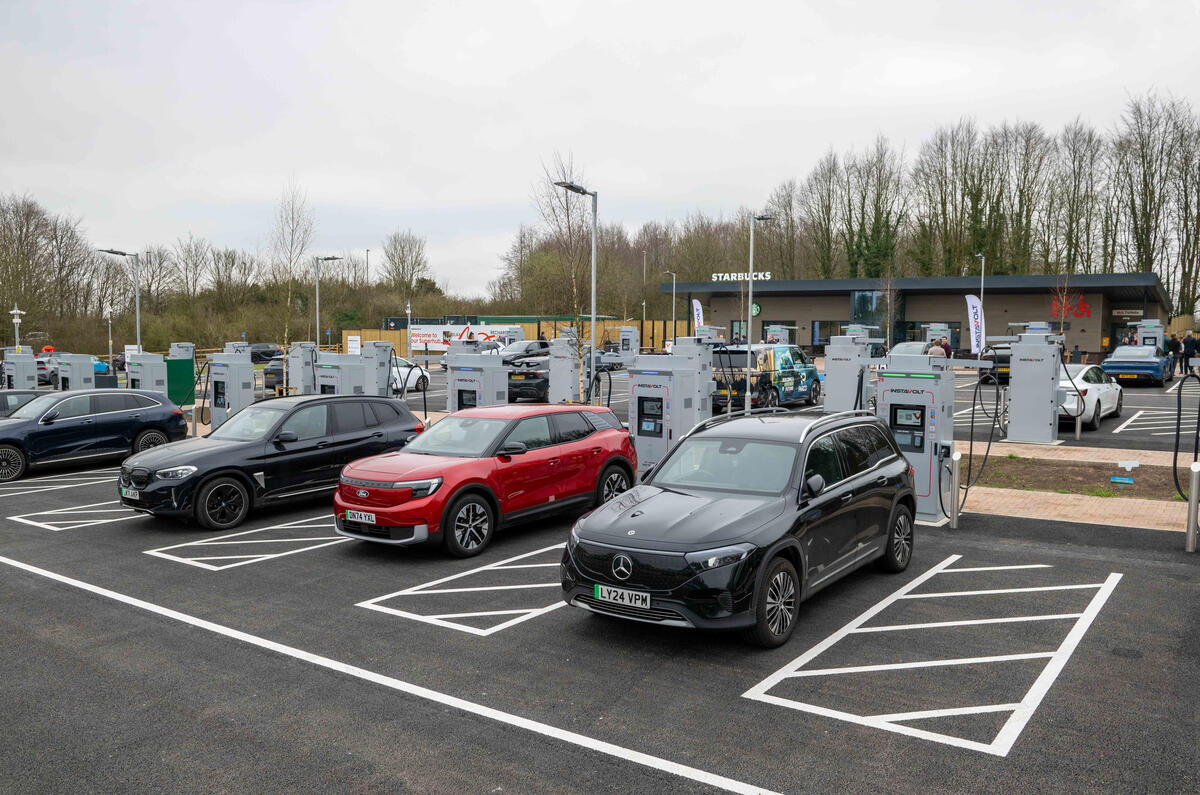Car makers have hit out at the UK government’s new pay-per-mile tax for electric and plug-in hybrid cars, warning that additional promised support won't offset the predicted decline in EV sales.
The new mileage-based eVED tax, announced by chancellor Rachel Reeves in her Autumn Budget speech on 26 November, is “the wrong measure at the wrong time”, said Mike Hawes, CEO of the Society of Motor Manufacturers and Traders (SMMT).




Join the debate
Add your comment
I think that there is a lot of fuss being made about nothing here.
Reeves doesnt have a clue how the mileage would be recorded on cars that are pre MOT age.....asking people to keep a record and inform the authorities....really, what incentive is there to do that. Turkeys voting for Christmas?
Mileometers are so easy to 're-arrange' these days that I can see people having the 'clock wound back' at the first and subsequent MOT.
But all of this is irrelevant anyway, as Labour will be a distant memory by 28/29. Consigned to the political dust pile along with the equally hopeless Conservatives, so they wont have to figure out how to enforce this.
One point though....did EV owners really think they would be allowed to pay bugger all in VED whilst Petrol/Diesel drivers cover their share, once critical mass had been acheived?